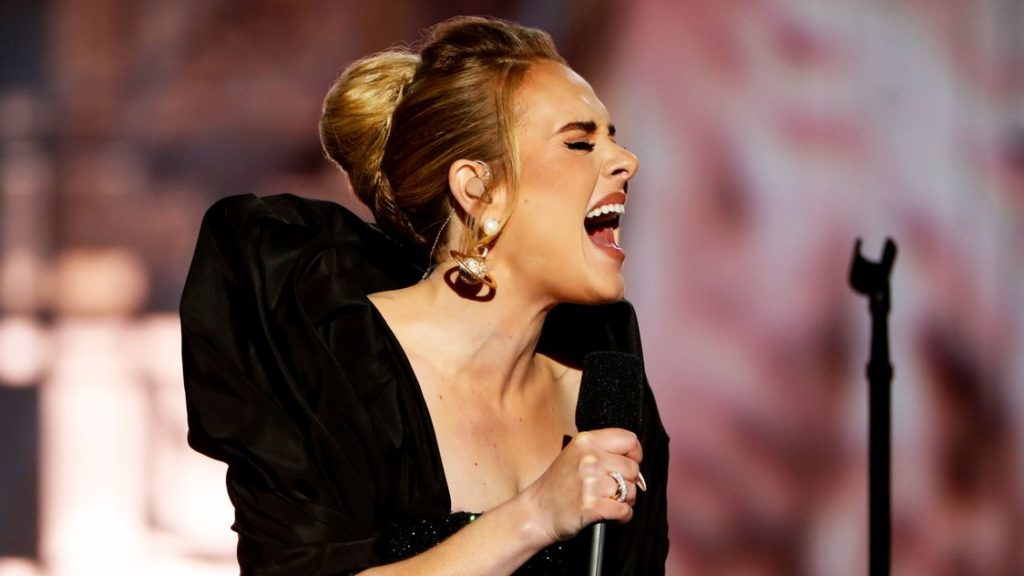Like British director Michael Apted’s Up documentary series, which has checked in on the lives of a string of subjects at seven-year intervals since the 1960s, the London-born singer lets us in every few years to share what she’s learned about love and loss and creativity and art.
Leaving upbeat tunes like “Right As Rain” and “I’ll Be Waiting” behind in favor of torch songs like “Hello” and “When We Were Young” narrowed the creative breadth of Adele’s albums, a streamlining that succeeded beyond anyone’s wildest dreams. 25 sold millions worldwide in a week, but now, fame was a cage.
That single’s methodical build and slowly evolving groove are mirrored in the highlights of 30, the long-awaited follow-up to 25 and a chronicle of the turbulence in the wake of the end of the star’s marriage.
The Max Martin and Shellback collab “Can I Get It” is a hodgepodge of jarring ideas, alternately conjuring Oasis’s “Wonderwall,” George Michael’s “Faith,” and Aloe Blacc’s “I Need a Dollar.” It’s here that 30 starts to feel like it’s trying a little too hard, like there is a market-tested intelligence to the bases it touches in its production, though, to its credit, a useful side effect of that care is that this album comes across more like someone letting us ogle their extensive record collection and less like the sound of cultures being glommed onto.
Outside of the fury of “Woman Like Me” — “I don’t think you quite understand / Who you have on your hands / How can you not see / Just how good for you I am” — 30 wants self-sufficiency.
“To be loved and love at the highest count,” as the chorus of the breathtaking late-album scorcher “To Be Loved” goes, “means to lose all the things I can’t live without.” It’s a sentiment you can only arrive at after having made the trip around the sun a few times, having failed and been failed enough to know your limits and get militant about preserving your time, honor, and energy.
